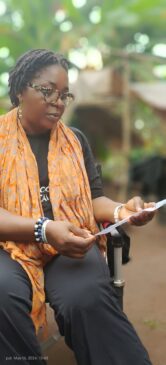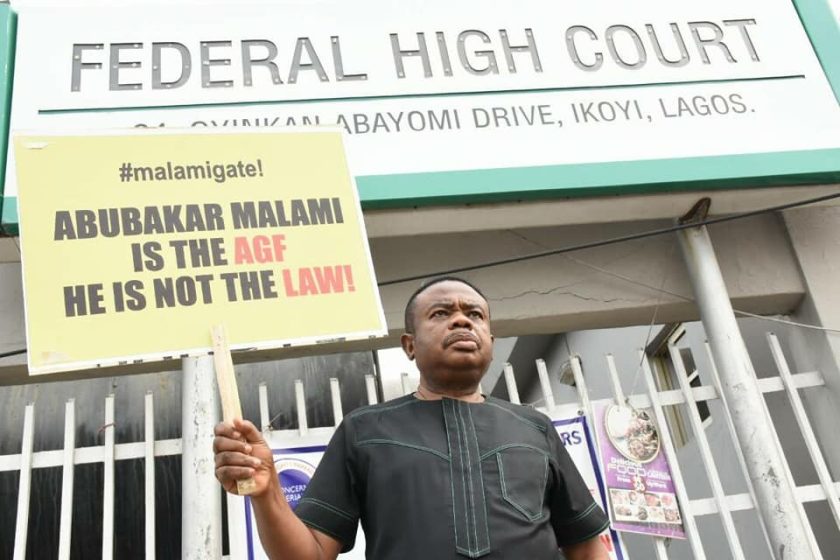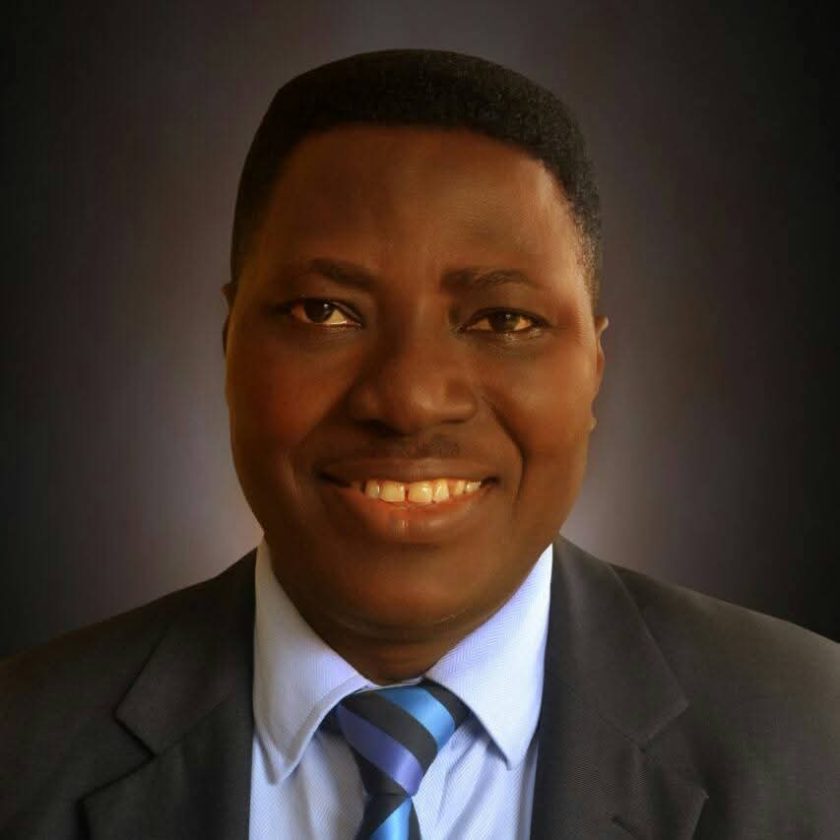(The African Indigenous Film Festival champions gender equity and amplifies the voices of women shaping the narrative of African cinema) .
By Osezua Stephen-Imobhio
As the world unites to celebrate International Women’s Day, I am profoundly inspired by the fierce and visionary women who have transformed Africa’s cinematic landscape. Their impact extends far beyond the screen; they are crafting narratives, elevating cultures, and reimagining futures behind the scenes. These journeys reflect not merely the act of breaking glass ceilings but embody the dismantling of entire fortresses of gender exclusion, frame by frame.
In the 1980s, a time when Nigerian television was overwhelmingly male-dominated, Lola Fani-Kayode boldly took the director’s reins. Her groundbreaking NTA series,Mind Bending, was not just entertainment; it was a revolution. Through her lens, she challenged societal norms and demonstrated that a woman’s vision could command national acclaim. She sought no permission; instead, she ignited a movement.
Following in her footsteps was Amaka Igwe—a titan whose legacy continues to shine brightly in African cinema. With classics such as Checkmate and Violated, she didn’t merely tell stories; she weaponized them. Her narratives exposed injustices, celebrated resilience, and redefined leadership in a patriarchal industry. When funding fell short, she financed her own projects, and when doors closed, she forged new entryways. Her work continues to inspire every young girl who believes that the director’s chair is hers to claim.
The baton was then passed to trailblazers like Pat Oghre, a Theatre Arts graduate from the University of Jos. In the mid-90s, she seized rare opportunities with Zeb Ejiro, (her Boss) to co-direct NTA’s TV series Broad Street, followed by Opa Williams Studios’ comedy series , Candle Light, She contributed her vision to projects like Domino and Everyday People, among others.
These women did not wait for invitations; they carved their own paths with creativity and determination, lighting the way for generations to come. Today, a new wave of African women directors, cinematographers, and producers stands tall, building upon the foundations laid by these giants. They are daughters of Yoruba, Igbo, Hausa, Zulu, Kikuyu storytellers, and others, weaving rich cultural narratives into global cinema. At our festival, we celebrate films directed by women that challenge stereotypes and celebrate African resilience.
These filmmakers are architects of the future, asking: Why must our voices be confined by tradition? In response, they collaborate with poets, activists, and innovators, creating cinema that is unapologetically African and universally resonant. Despite the progress made, the road ahead remains uneven. Women directors continue to face funding biases, tokenism, and the absurd question: “Can you handle a crew?” Yet, history demonstrates that African women excel in the face of adversity.
At our festival, we actively encourage students and emerging female filmmakers by equipping them with tools through various workshops to thrive in a competitive industry. Representation is not merely about gender—it’s about whose vision, whose passion, and whose truth illuminates the screen. As I often say, “A story told in a woman’s voice, from her unique perspective, is a revolutionary act.”
This tribute would not be complete without recognizing a woman whose contributions to the film and entertainment industry are unparalleled. Few are as impactful as Mary Njoku, the enigmatic force behind Rok Studios. Her contributions are immense, and she was honored with an Outstanding Personality Award at the inaugural African Indigenous Language Film Festival. Thank you, Mary, for making women’s voices loud!
In conclusion, on this International Women’s Day, let us commit to amplifying the work of women in Nollywood, Riverwood, and beyond; investing in grants and platforms for female-led projects; and celebrating unsung heroines—editors, sound engineers, and scriptwriters—who create magic off-screen.
To the Lolas, Amakas, Pats, and countless others—thank you. You’ve proven that directing is not about gender but about vision. To rising stars: We see you. Keep your cameras steady and your voices unyielding.
On behalf of the African Indigenous Film Festival, I wish every woman—especially those transforming barriers into breakthroughs—a boldly joyous International Women’s Day!
Àṣẹ!
*Osezua Stephen-Imobhio
(Founder/Convener, African Film Festival)
Lagos, Nigeria, March 8, 2025




